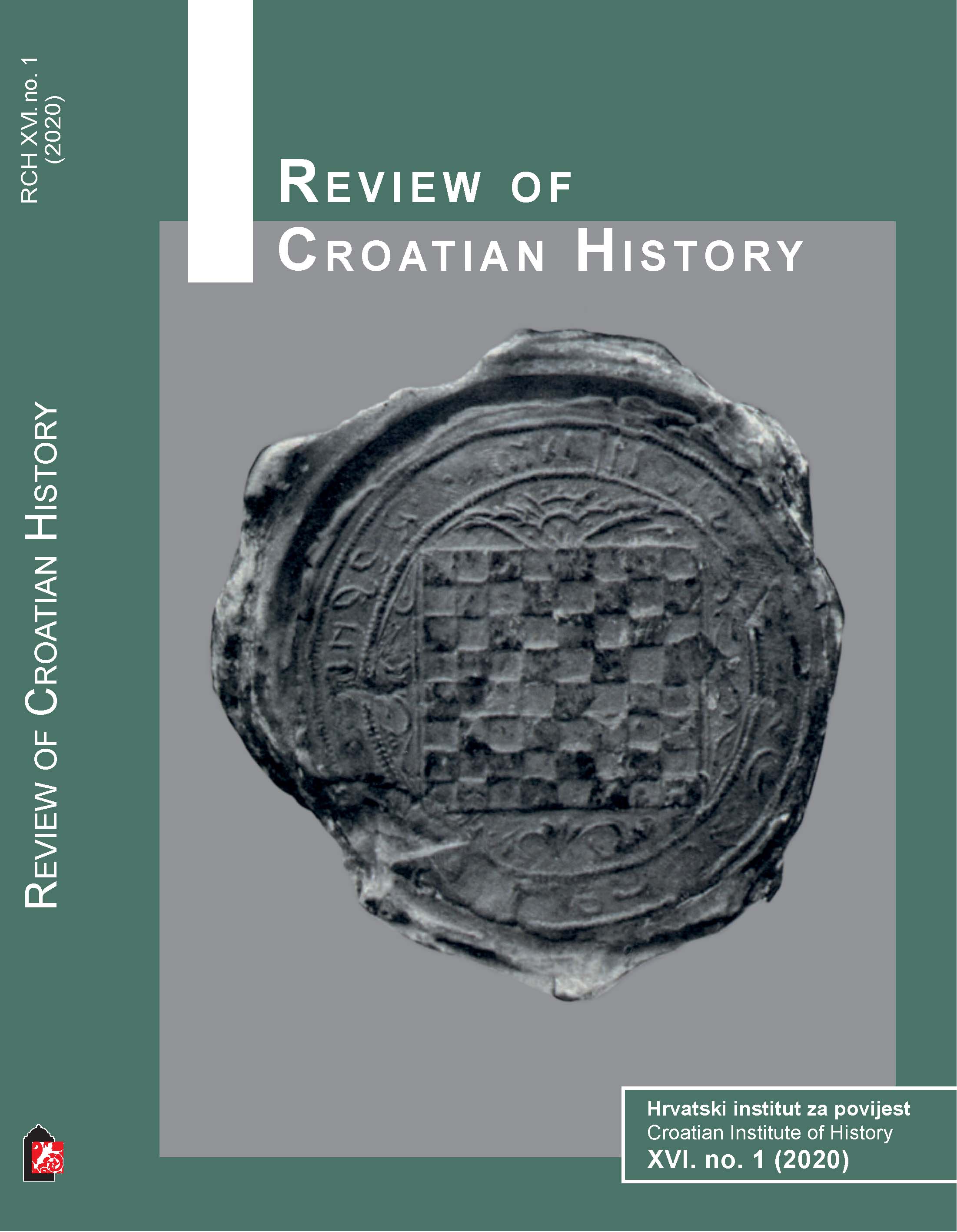An Overview of Telephony Development in Zagreb (1881-1981)
DOI:
https://doi.org/10.22586/review.v16i1.11289Abstract
Within a mere hundred years from the appearance of the first telephone in Zagreb in 1881 until the establishment of the first electronic telephone exchange in 1981, telephony in Zagreb went through several formative periods to assert itself. Zagreb was transformed from a provincial town in the Austrian-Hungarian Monarchy to the economic and cultural centre of Croatia. In that period, due to technological development, many changes took place that influenced the accessibility and price of the most popular telecommunications technology in the 20th century. At first a status symbol reserved for the wealthiest citizens, telephone gradually became accessible to all inhabitants of the city. In the decades after World War II, the new telephone infrastructure was constructed under the unfavourable conditions of technological underdevelopment, scarcity of professionals, and meagre financial resources. Nevertheless, despite all the aggravating circumstances, telephony managed to become an inevitable part of Zagreb’s everyday life. Modern telecommunications rest on these very steps that fixed telephony took in its development, and are therefore an indicator of the technological as well as cultural development of Zagreb.
Downloads
Published
How to Cite
Issue
Section
License
Copyright (c) 2020 Review of Croatian History

This work is licensed under a Creative Commons Attribution-NonCommercial 4.0 International License.
The copyright holders are the Croatian Institute of History (as the publisher) and the authors.
The Review of Croatian History is an open-access journal. Its contents are freely accessible in their entirety. Users may read, download, copy, distribute, print, search, or put links to its material, and to change, reword, and process the material or use it in other legal ways, as long as they cite the original in the appropriate manner, in accordance with the Creative Commons licence CC BY-NC.
Works published in the Review of Croatian History may be deposited in institutional or thematic repositories, as long as the appropriate links to the web pages of the Journal and Hrčak (central portal of Croatian scientific journals) are made available.
The self-archiving policy is indexed in the Sherpa/RoMEO database, where it is visible that the journal allows the depositing of unreviewed (pre-print), reviewed (post-print), or publisher’s versions of the work.


